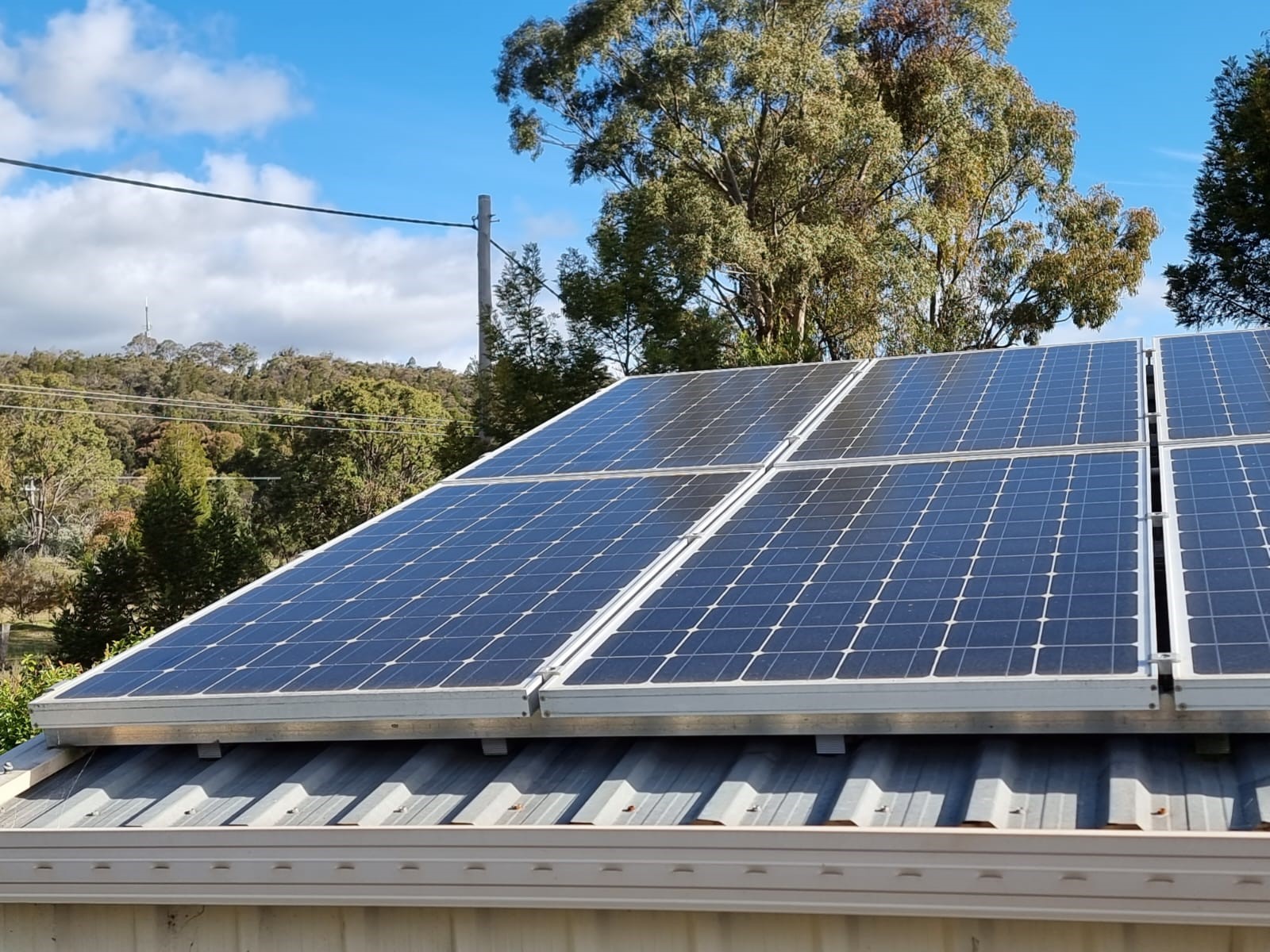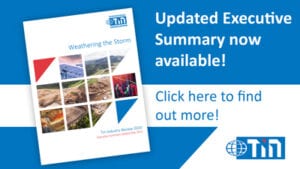
Tin exploration company First Tin plc (LSE: 1SN) has announced its intention to primarily use renewable energy at its Australian project Taronga, with a focus on solar power for its crushing operations.
Since acquiring Taronga in 2022, the company has been developing the low-capex project, with an emphasis on environmental sustainability. A 2023 Mineral Resource Estimate at Taronga reported 71.9 Mt at 0.12% Sn in the Measured & Indicated categories.
The recent scoping study examined a variety of options including connection to the power grid, use of diesel generators, and wind turbines. Taronga Mines Pty Ltd, the subsidiary of First Tin responsible for the project, confirmed that a combination of gas engines for the base load and night-time usage, supplemented by solar panels for daytime augmentation, is the most cost-effective and carbon-friendly approach.
Bill Scotting, the new CEO at First Tin, commented: “These positive results represent significant energy cost savings and support our commitment to minimizing First Tin’s environmental and CO2 footprints, as we assist the current global clean energy and technological revolution.”
The project will maximise the benefits of the solar generation and minimize carbon emissions by operating the main crusher only during daylight hours. The preliminary scoping study identified that five 2 MW gas engines will be required plus solar panels generating 10 MW during times of peak solar radiation. A solar efficiency estimate of 65% during peak daylight hours, and overall efficiency of 16.7% to 20.1%, indicates that the overall amount of site power generated by solar is estimated to be 53% of total demand.
Current estimations of the operating costs for solar are around AU$0.01/kWh, and around AU$0.24/kWh for gas. There is additional capital cost for oversizing the crushing facility, which is expected to be recouped within 3.5 years of operation. This brings total power generation costs to AU$0.12kWh, considerably lower than the estimate of AU$0.29kWh for grid power, and represents a reduction in carbon emissions of around 14,780t per annum.
The company notes that these estimates are to Level 3 (Scoping Study) accuracy only at this time and that Level 5 (feasibility study) accuracy estimates are currently in progress.
Our view: As First Tin approaches the completion of its Advance Feasibility Study in the first quarter of 2024, the ongoing commitment to high environmental standards in the Taronga project is evident.


